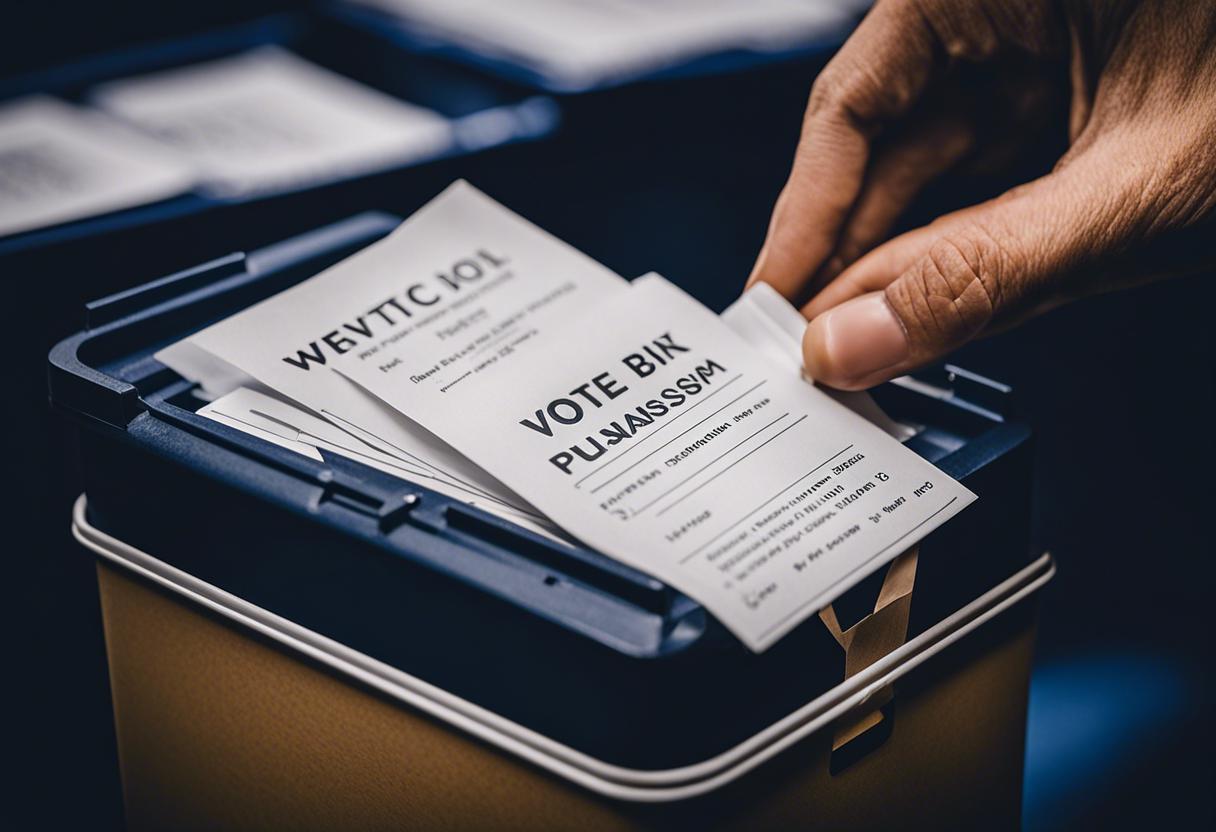Campaign spending restrictions have been increased for local election hopefuls, allowing them to spend approximately €15,350 before polling day. This is an increase of €2,350 from the 2019 limit. Political leafleting and poster distribution costs are included in this tally. Darragh O’Brien, the Housing and Local Government Minister, authorized the increased budget for the June 7th election.
The changed limit comes after seven years, as the last alteration was in 2014. The amendment was instituted due to a “substantial” surge in the Consumer Price Index (CPI) over the past decade. Consequently, aspirants who are hoping to secure a local council seat in an area with more than 35,000 inhabitants can now use up to €15,350 for their campaign – an increment from the previous €13,000 cap.
In regions with a populace ranging from 18,001 to 35,000, the new cap is €13,600, up from the prior €11,500 limit. Areas with less than 18,000 people have seen the cap raised to €11,500 from €9,750. The CPI, which monitors the fluctuation in the average price of consumer products and services, indicated an 18.4% rise between May 2014 and January 2024.
As a result, the Housing Ministry declared that the considerable and valid surge in the CPI since 2014 warranted an increment in the spending limitations, as per the specifications of Section 19C of the 1999 Local Elections (Disclosure of Donations and Expenditure) Act.
However, the spending ceiling of €230,000 per hopeful in the European Elections remains unaltered. Two considerable constituencies, Midlands-North-West and South, are part of the current limit. The 2019 European election campaign spending, which totalled over €3 million between party and candidate expenses, was considered when the current cap was evaluated.
The department announced that per candidate, an estimated €51,048 was expended during the 2019 elections. This is less than a quarter of the maximum allowance of €230,000 per candidate. The data revealed that the highest spent by any candidate was slightly over €121,000 in election expenses. Consequently, the current spending limit of €230,000 continued to be adequate for candidates contesting the European Parliament elections for 2024-2029.
A spending cap of €72,100 is set for candidates vying to be Limerick’s first directly elected mayor in the upcoming June 7th election. This budget reflects the combined limits for the 2020 Limerick City and County general elections, which make up most of the electoral region for the mayoral election. This cap is adjusted accordingly in relation to the Consumer Price Index (CPI).
Voter registration will close on the 20th of May, prior to the June elections. The National Youth Council of Ireland (NYCI) is strongly encouraging all qualified young voters in Ireland to sign up before the deadline. They are emphasising the ease of online registration.
NYCI’s policy manager, Grace McManus, stated that the youth population of Ireland, which is booming and comprises over 730,000 individuals between the ages of 18 and 29, constitutes almost 20% of the voting-eligible population in Ireland. With crucial elections looming, the youth demographic is a potential game changer, hence the urgency to ensure their participation. McManus added: “We are committed to ensuring that nearly 70,000 youth who came of voting age in the past year are registered.”
Any individual who is uncertain whether they are registered, or wants to register for the first time, can do so by visiting the checktheregister.ie website.

